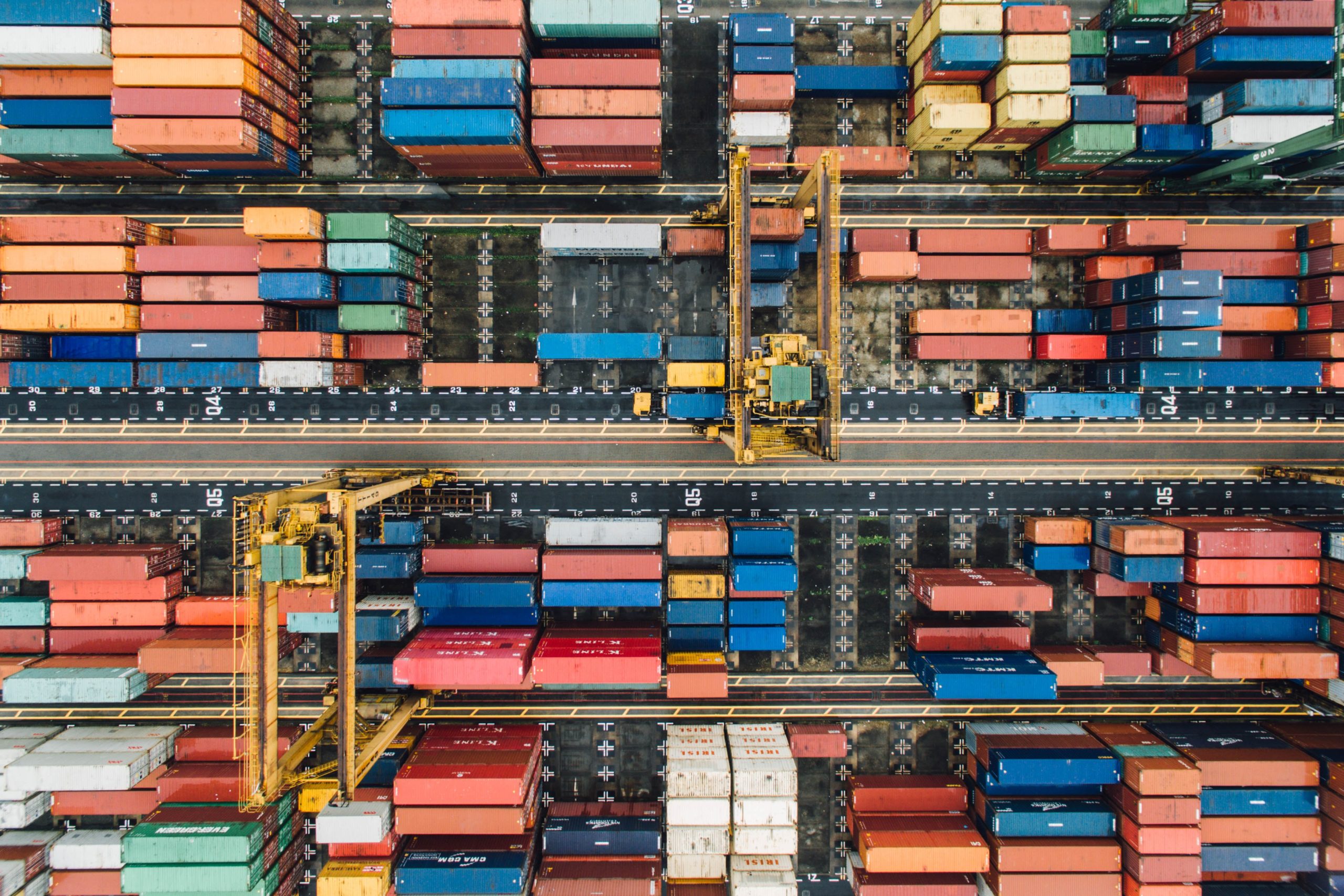
Is it possible to enforce sustainability standards through trade agreements?
What’s happening? The European Commission has added conventions covering the Paris climate agreement, disability rights and organised crime to the generalised scheme of preferences (GSP) starting in 2024. The GSPs currently give 67 countries preferential trade access to the EU without reciprocity. (Reuters)
Why does this matter? In the face of growing global environmental and social issues – from the biodiversity crisis to increasing inequality to climate change – it is important that all countries switch to more sustainable forms of doing business. Yet, for developing nations, where strong economic growth is urgently needed to alleviate poverty, this might not always be a number one priority.
One way of incentivising sustainable development in low and middle-income countries is the Generalised Scheme of Preferences (GSP) which allows developed countries to give poorer nations favourable access to their markets under certain conditions. According to its latest proposal, the EU now plans to tighten its requirements for social and environmental protections.
How does it work in theory? The EU’s GSP programme comprises three schemes: Everything But Arms (EBA), GSP and GSP+. Emerging economies – such as Bangladesh or Cambodia – can trade under EBA conditions, which means they get duty-free and quota-free access to the European market for all product categories, except arms and ammunition. In return, they have to comply with a number of core UN and ILO conventions on human and labour rights.
If low and middle-income countries also want to benefit from duty suspensions (GSP+), they are required to ratify a number of additional UN conventions. This list will be extended from 27 to 32 treaties, including the Paris Agreement on climate change. If states fail to comply with the provisions, the EU starts a process of “enhanced engagement” that can result in the withdrawal of GSP preferences.
And in practice? – The case of Cambodia exemplifies the difficulty of improving social standards through GSP systems. In February 2020, the EU decided to strip the country of its preferred market access due to ongoing violations of the International Convention on Civil and Political Rights. Although European civil society organisations and international trade unions welcomed the decision, the withdrawal did not lead to substantial improvements in working conditions. On the contrary, the result was an exodus of multinational corporations and higher rates of unemployment, which had severe consequences for Cambodian women in rural areas.
Exploring other options – Other tools to advance sustainable development through economic relations could be bilateral or multilateral trade agreements. The need to comply with WTO rules, however, makes it difficult to impose restrictions linked to environmental and social norms, and legal experts argue that the WTO’s General Agreement on Tariffs and Trade (GATT) needs to be reformed to allow states greater leeway in enforcing their own standards.
Yet, it is important to remember labour rights abuses and environmental damages in developing countries are often linked to the activities of multinational corporations. According to the 2020 Corporate Human Rights Benchmark, 42% of the world’s largest corporations have failed to investigate and mitigate human rights abuses in their supply chains. Therefore, mandatory environmental and human rights due diligence for businesses could be one of the most effective ways to improve conditions for communities on the ground. The EU is currently working on a legislative proposal, which is due to be published later this year.


